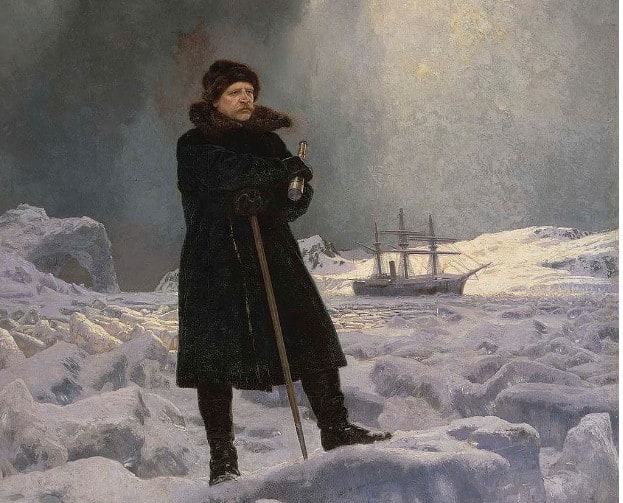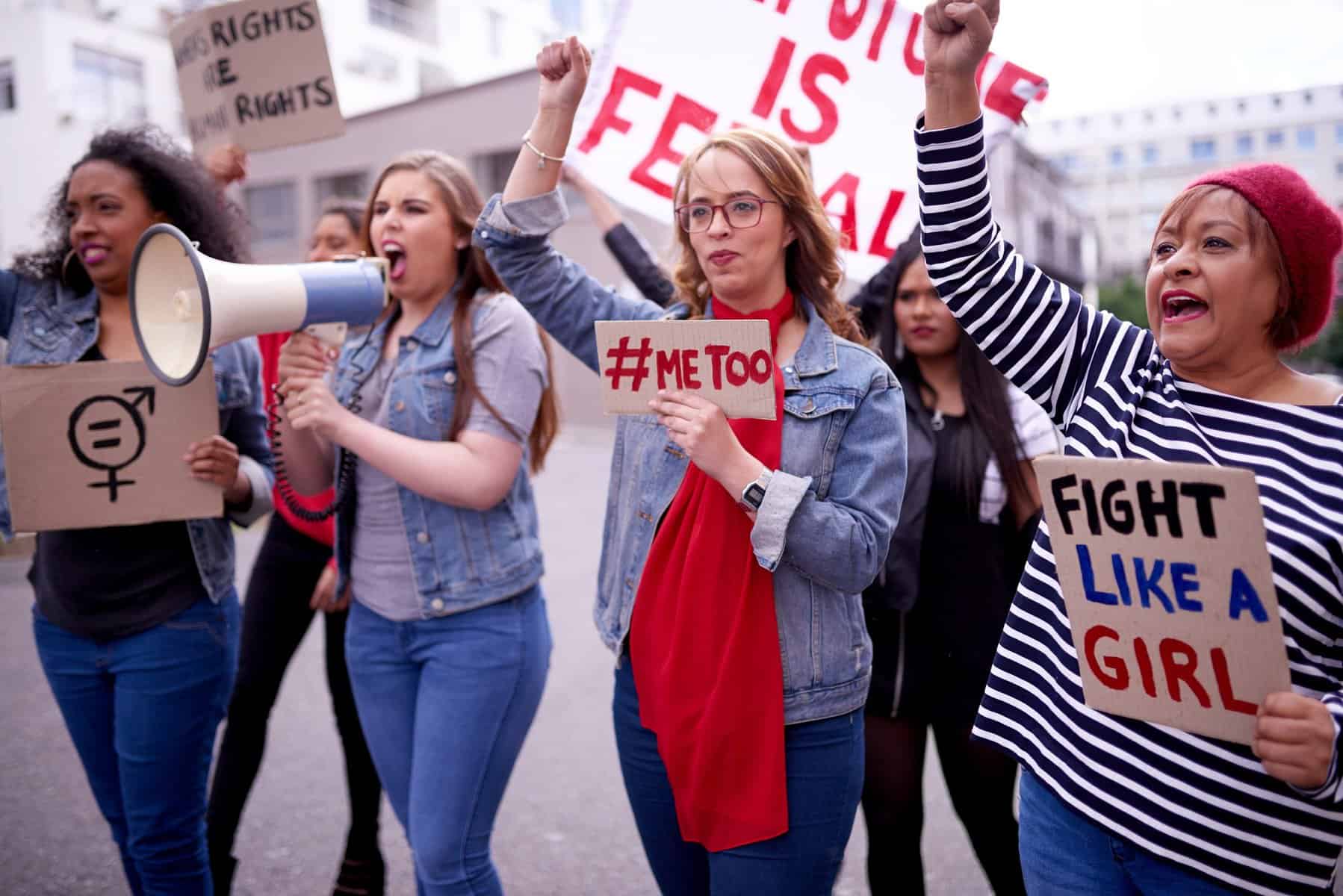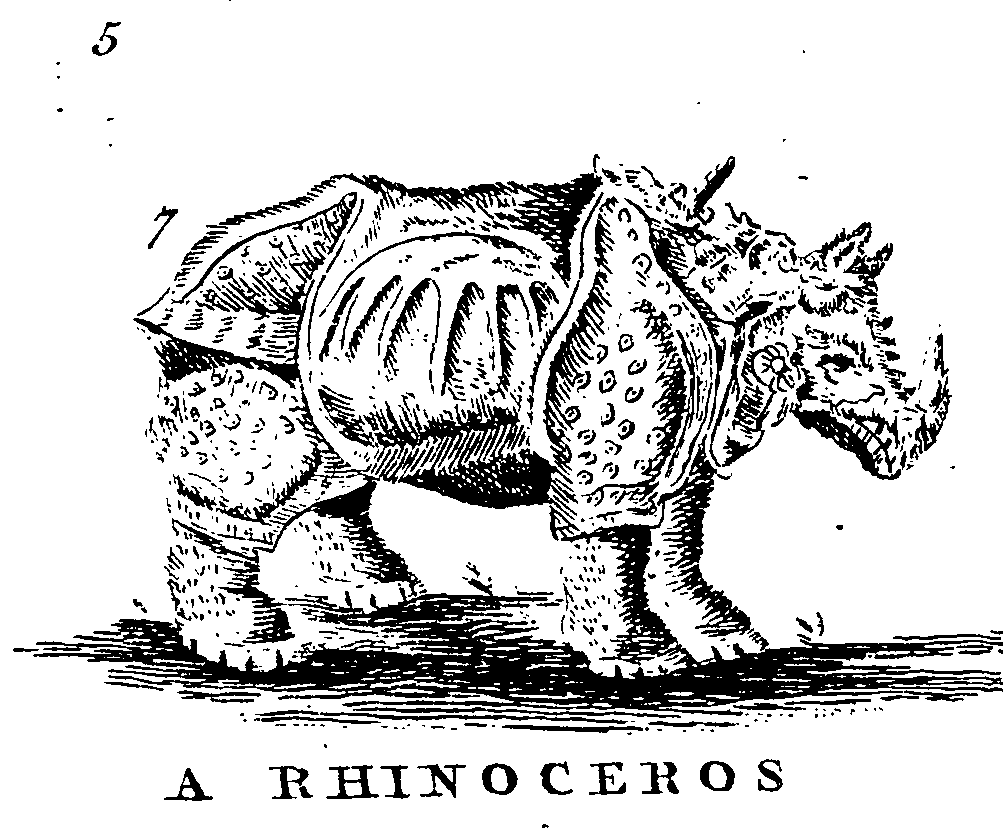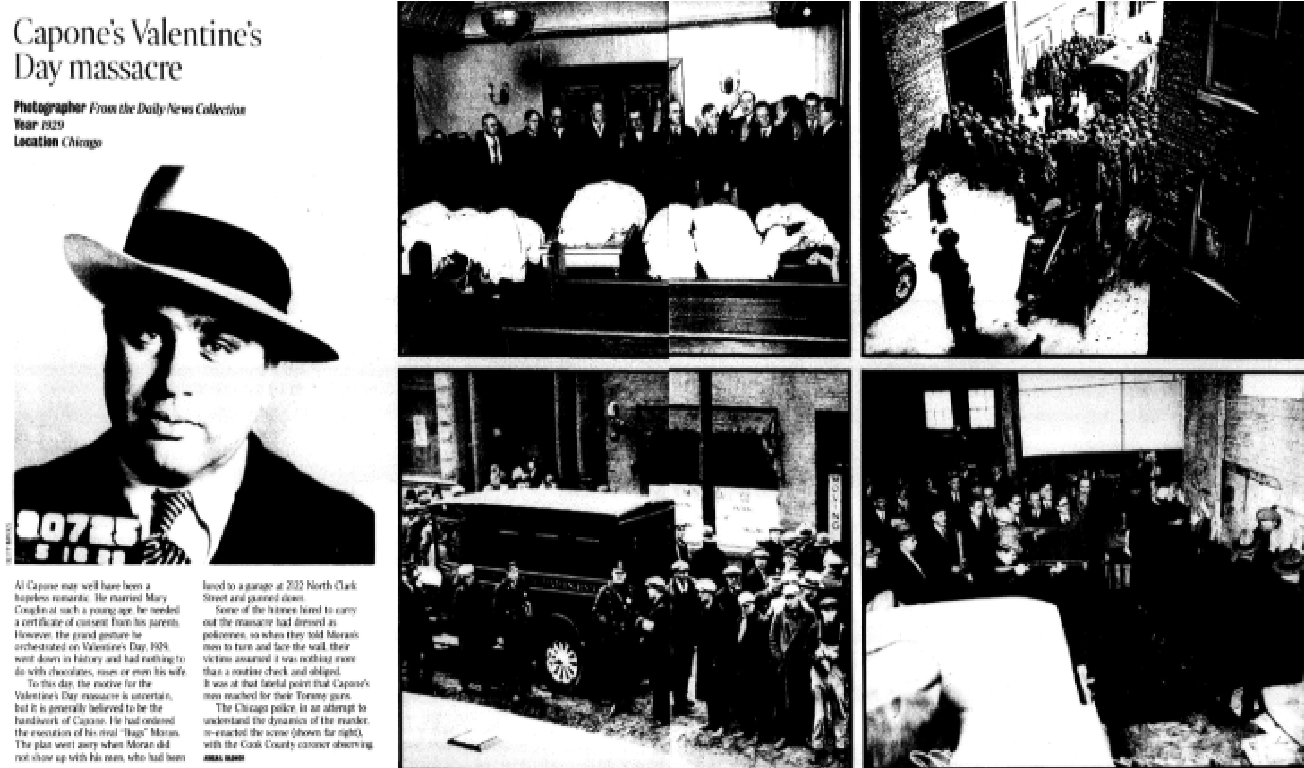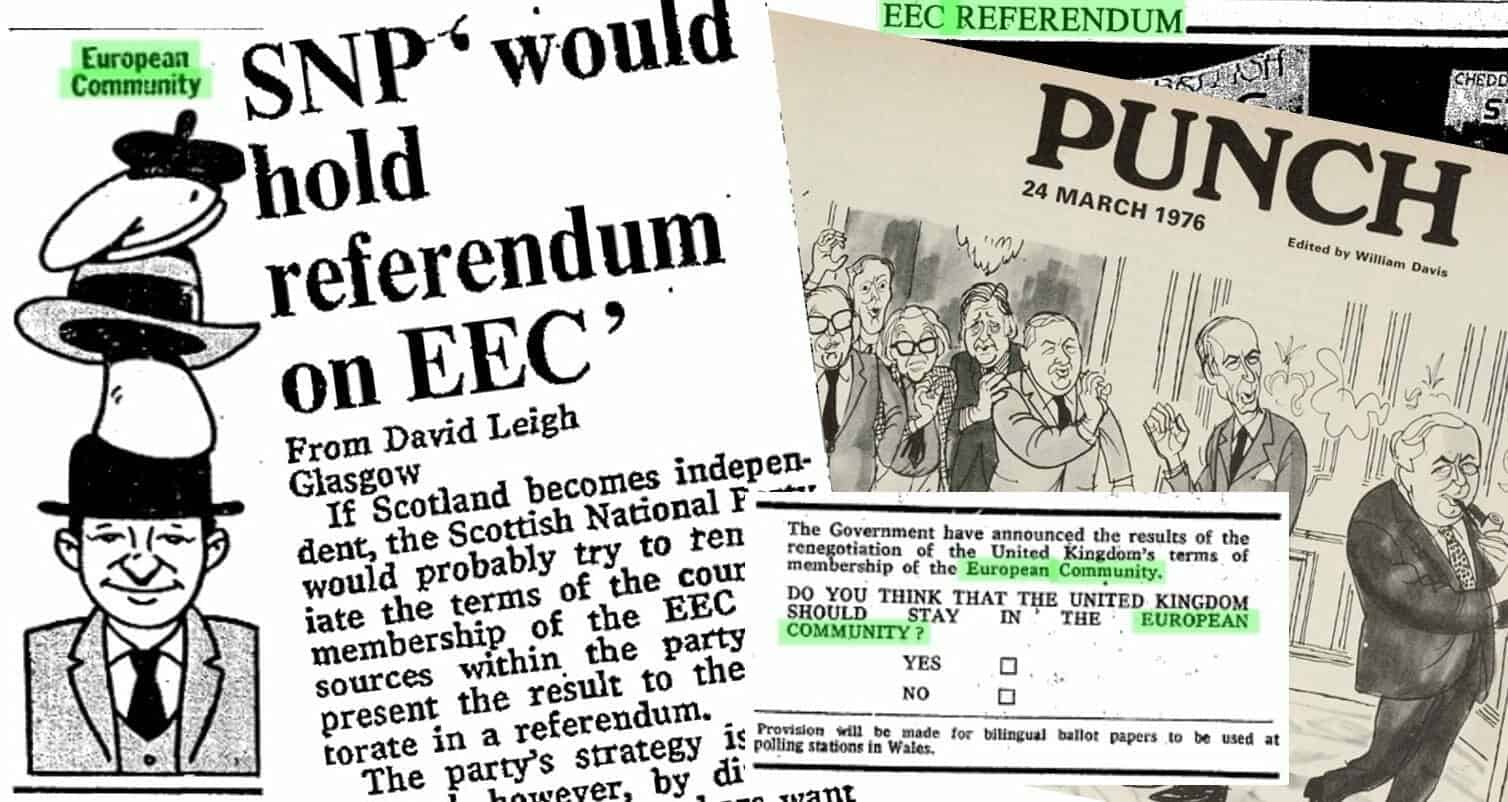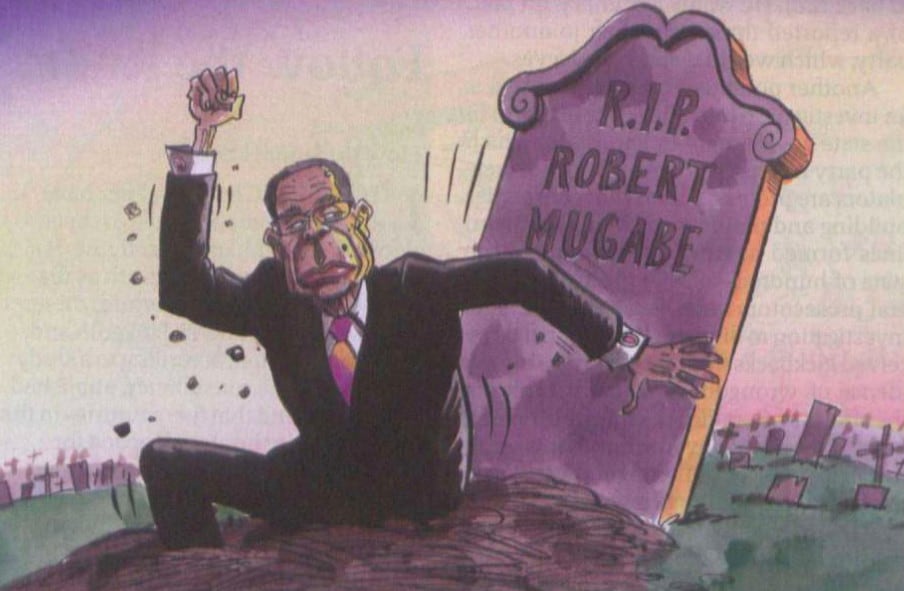│By Lyndsey England, Gale Ambassador at Durham University │
‘What should we suppose must naturally be the consequence of our carrying on a Slave Trade with Africa?’ asked William Wilberforce in a speech in 1789. ‘Does anyone suppose a Slave Trade would help their civilization? That Africa would profit from such an intercourse? Is it not plain, that she must suffer from it?’ With these questions in mind, the famed abolitionist made a decisive judgement: ‘We are all guilty,’ he said, ‘we ought all to plead guilty’.


